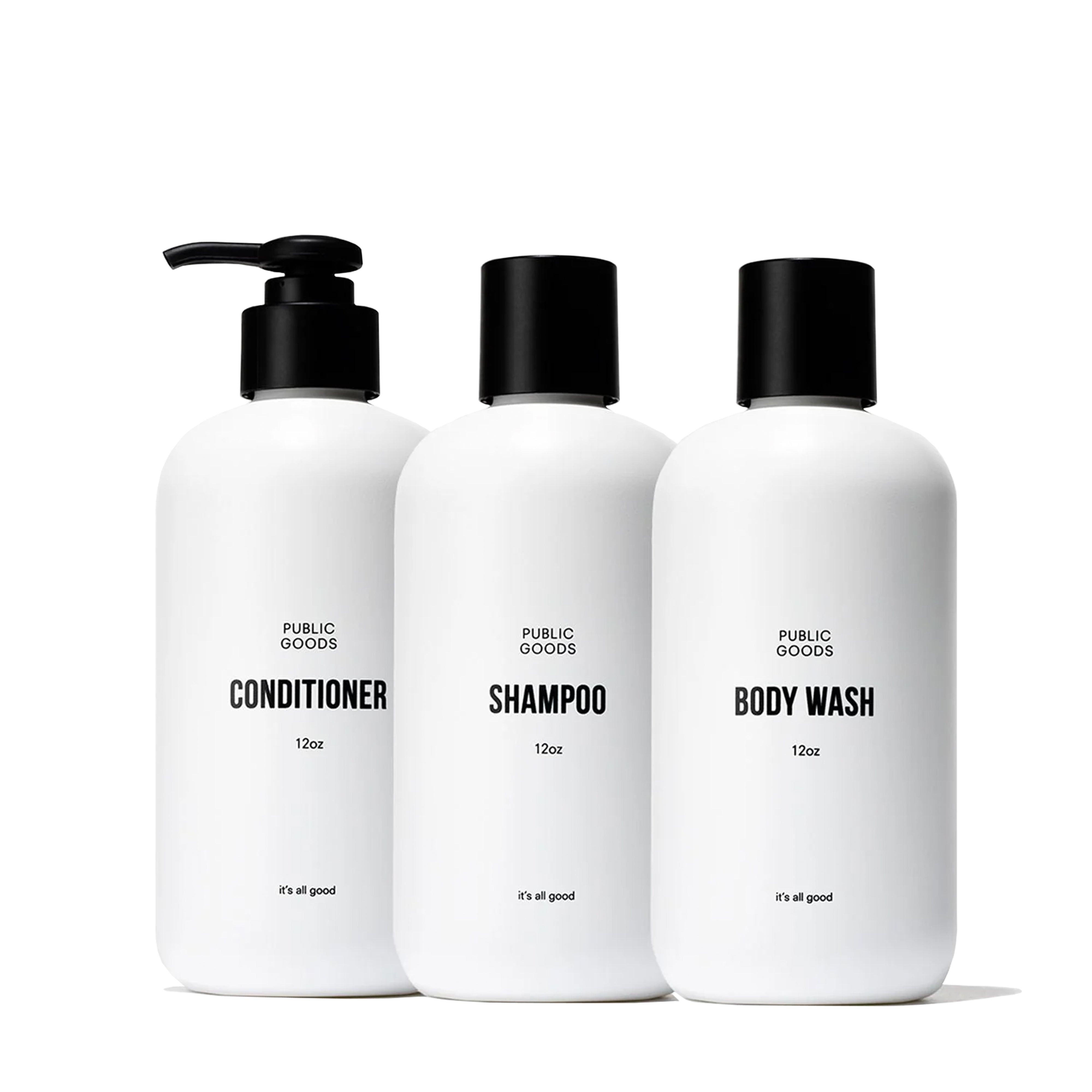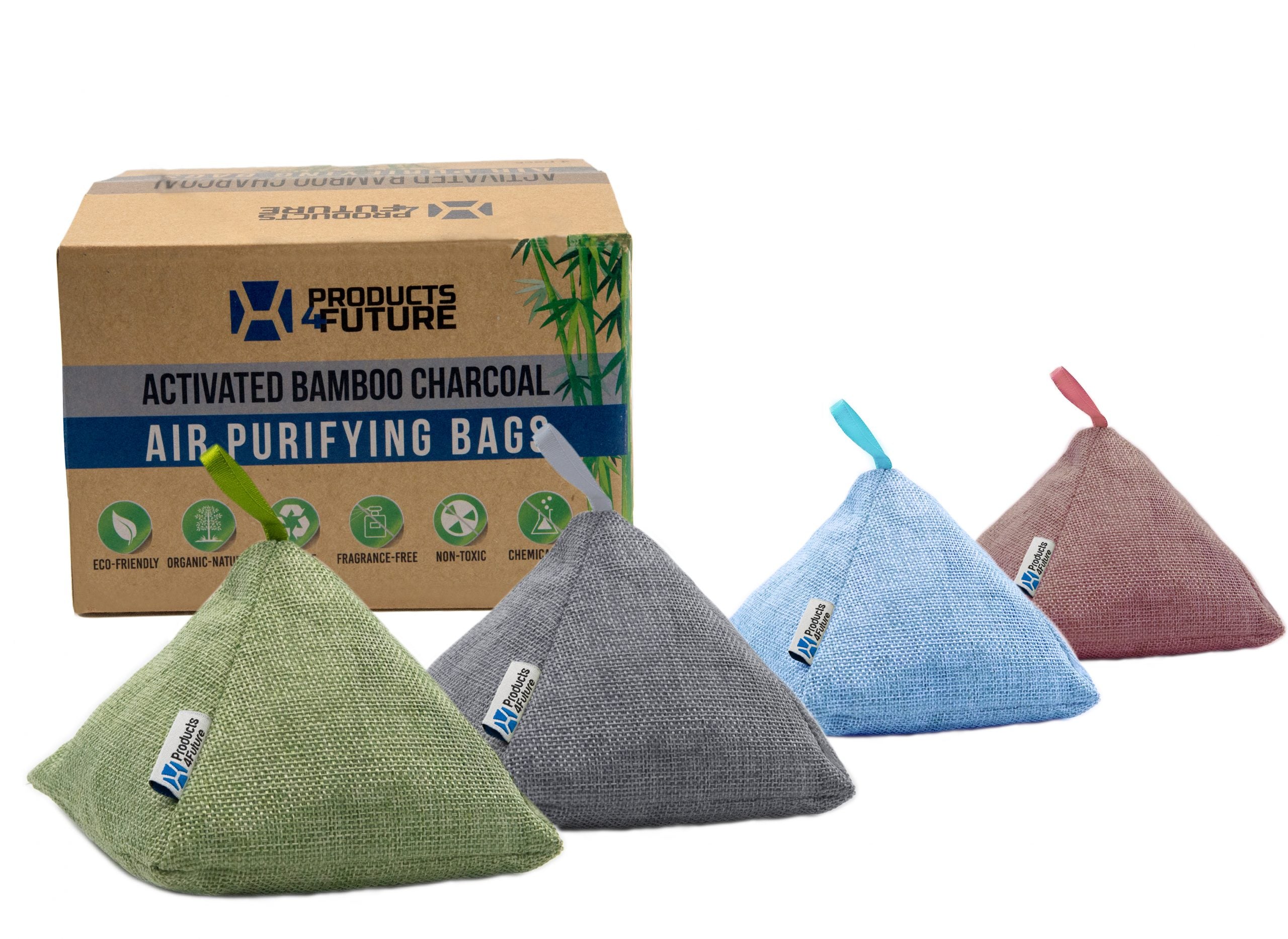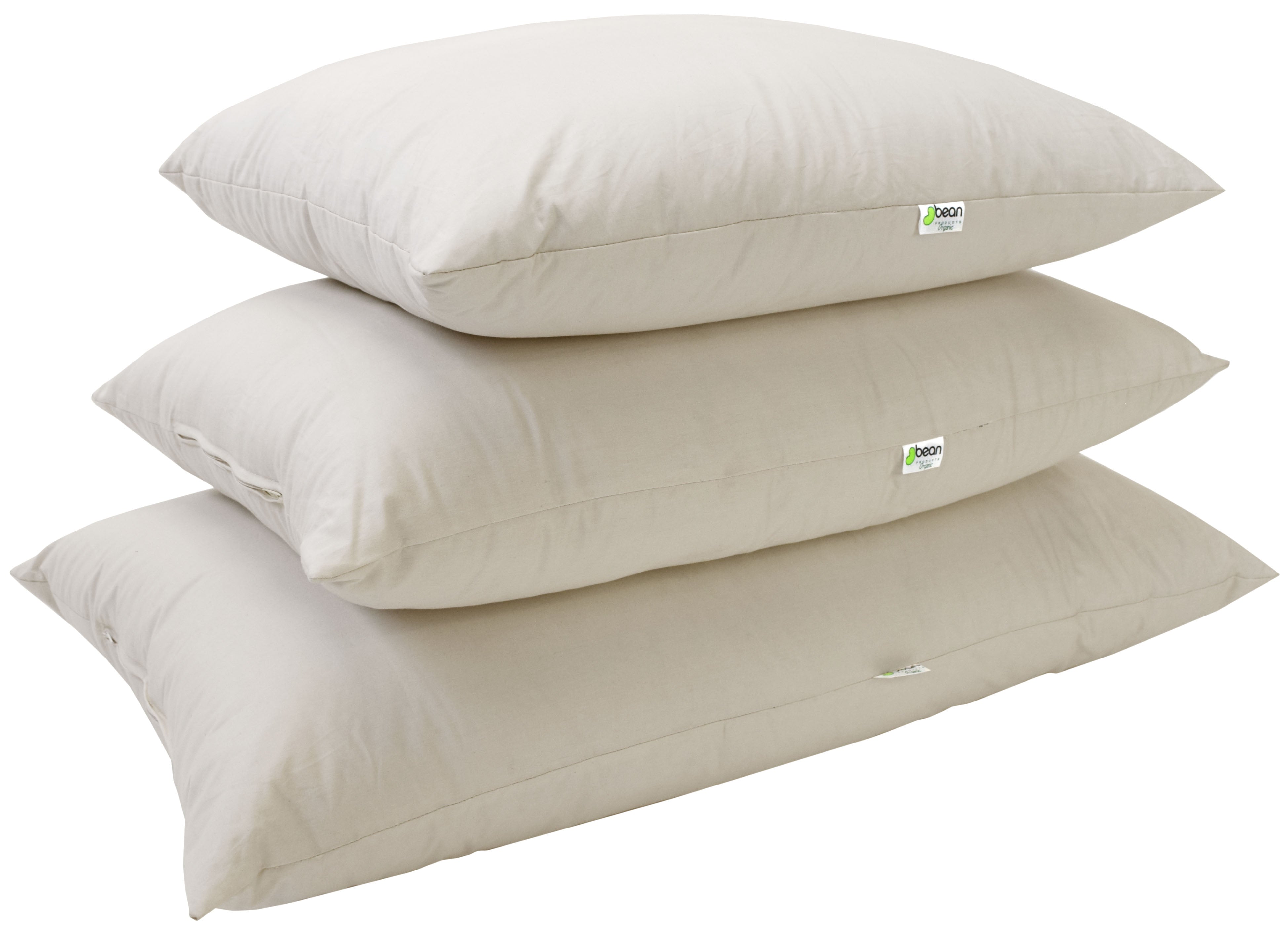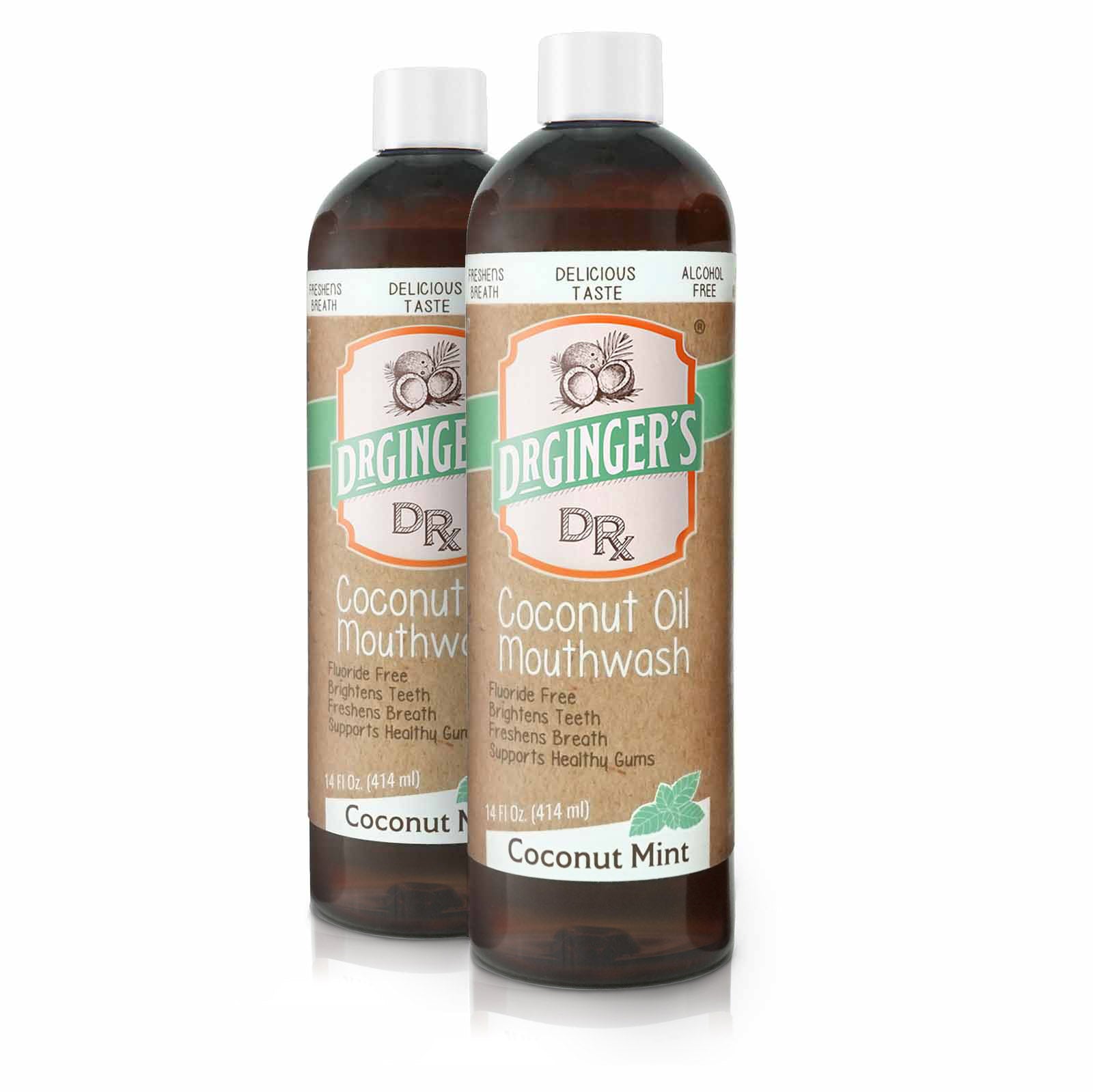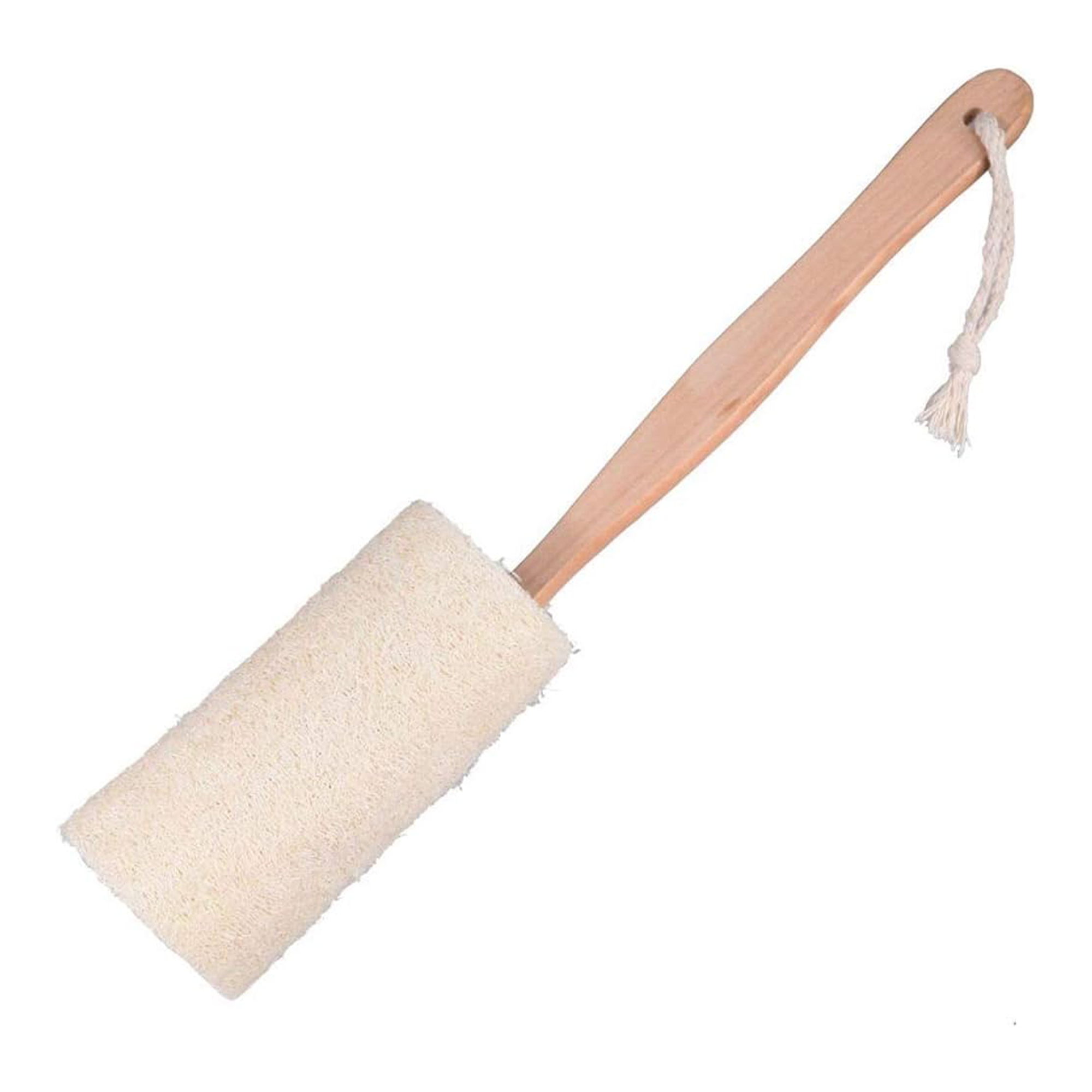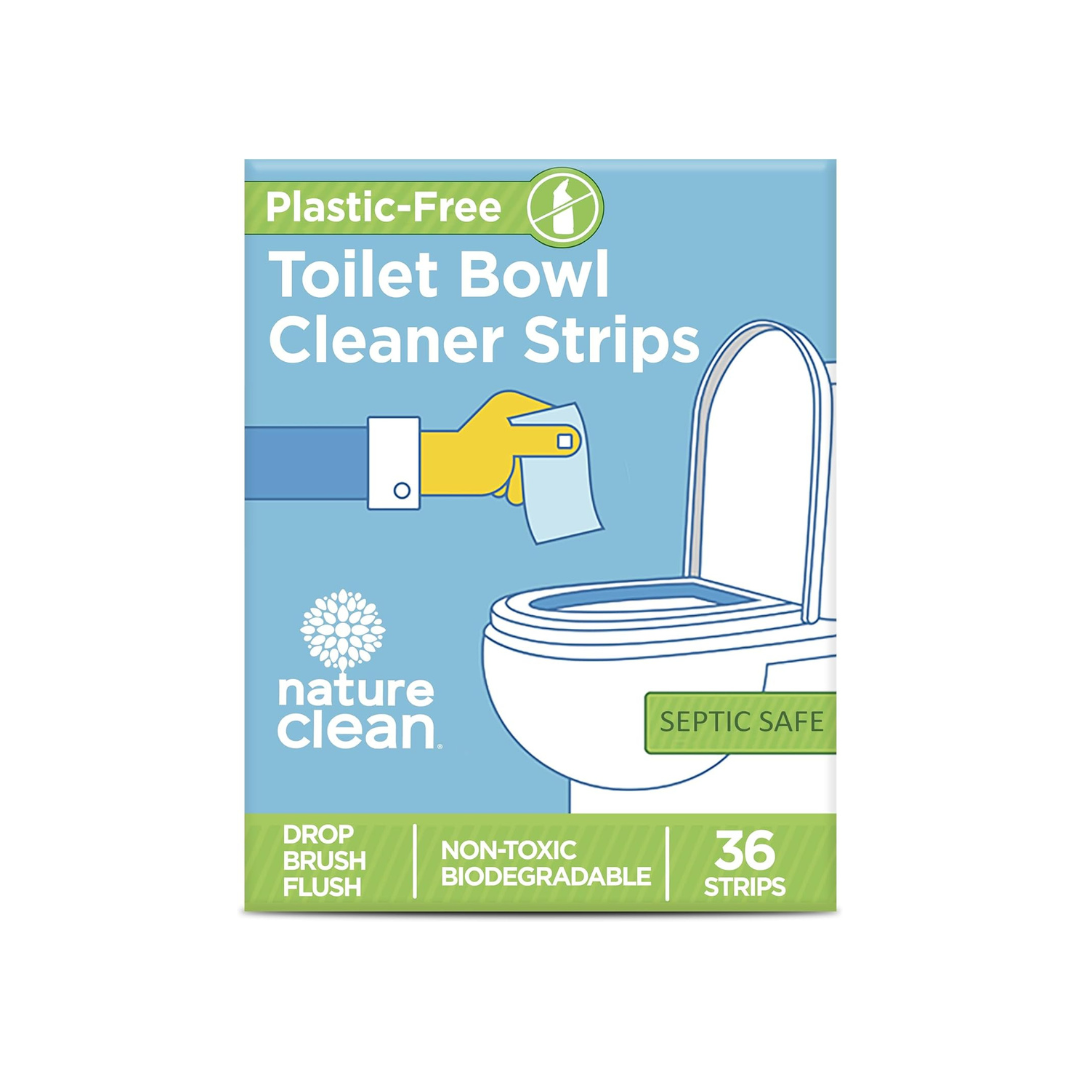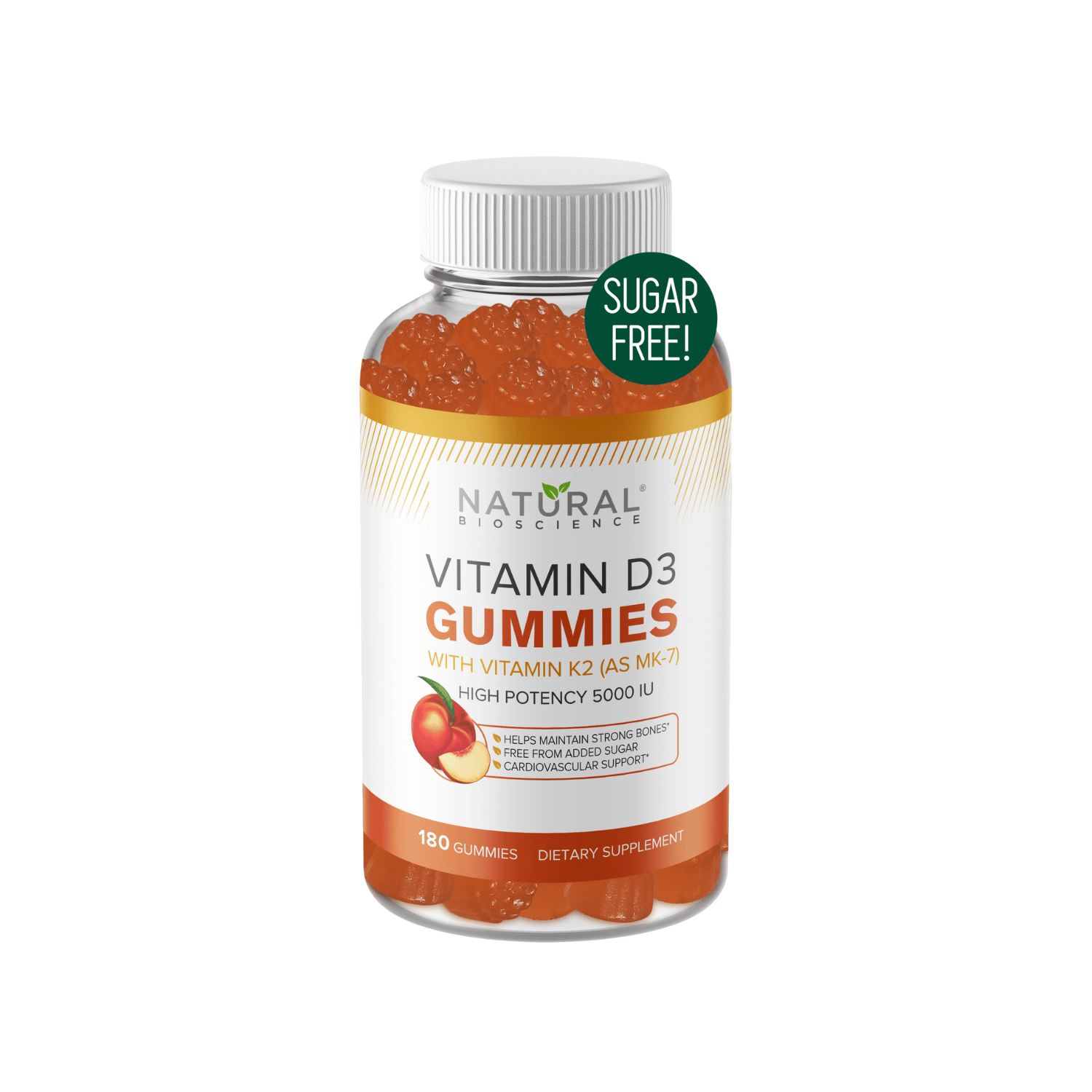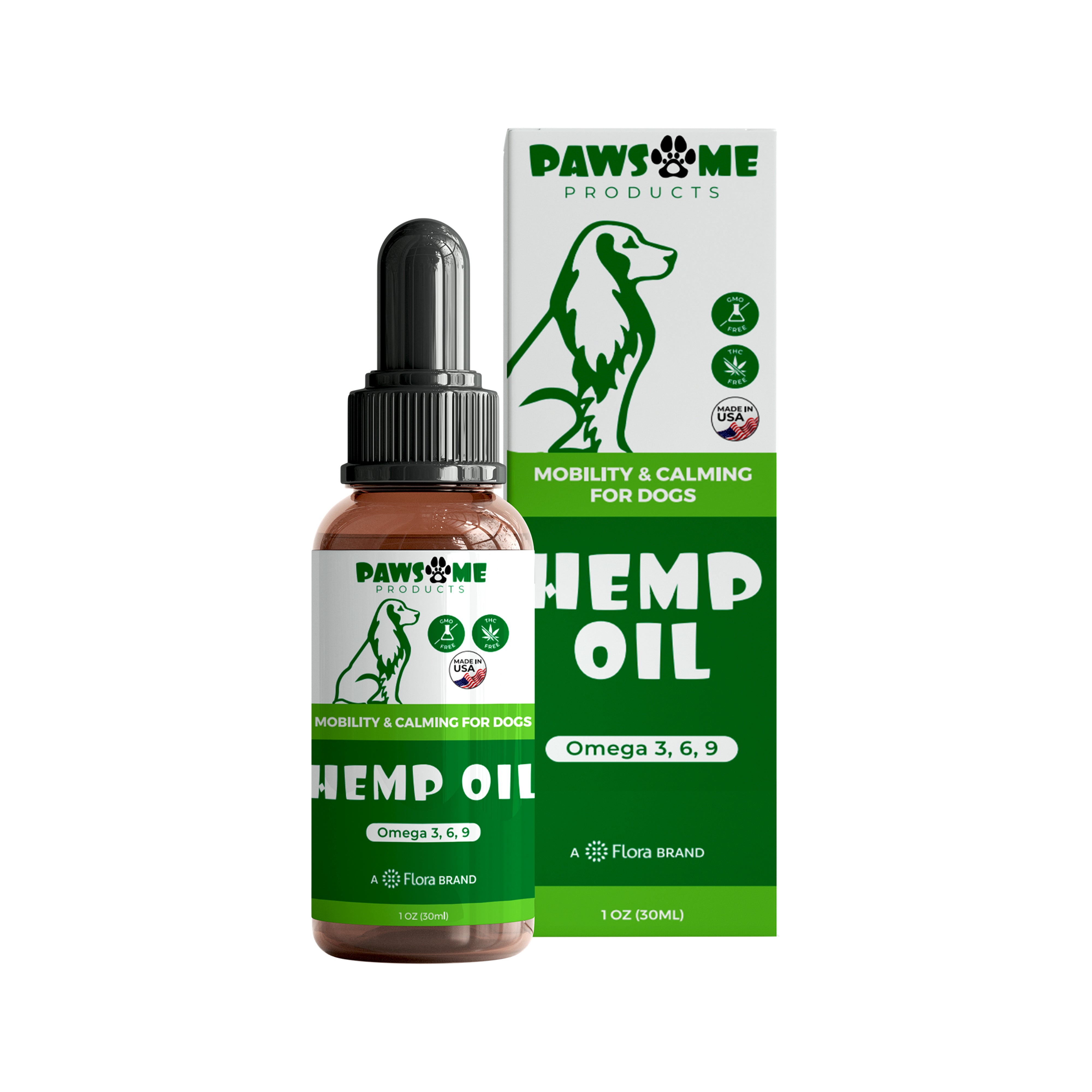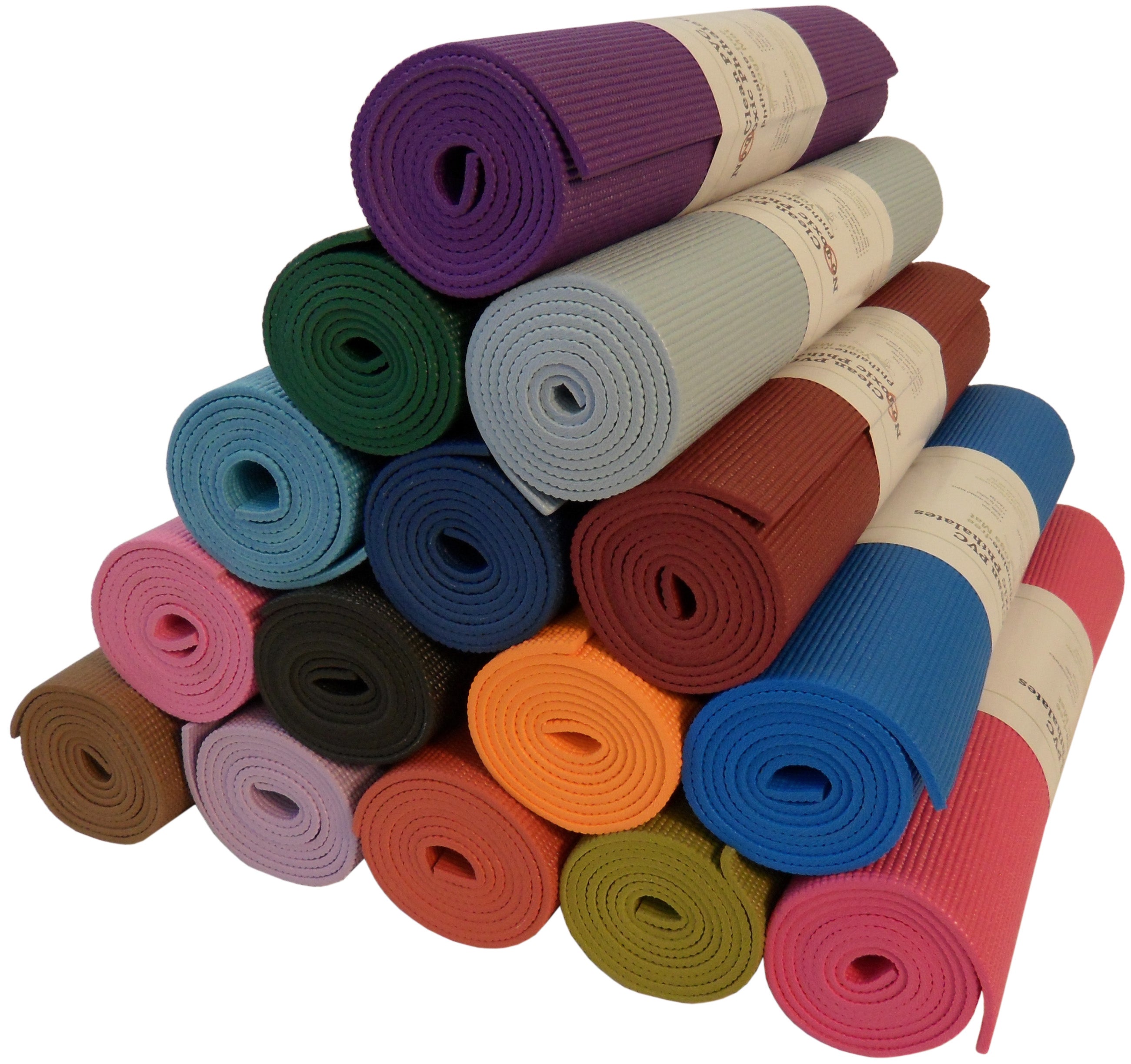Phthalates, a group of chemicals commonly found in plasticizers, have found their way into numerous everyday products, including fabric softeners. This comprehensive guide explores the risks associated with phthalates in cotton softeners, detailing their implications for health and the environment, and offering safer alternatives for those committed to sustainable living.
Understanding Phthalates
Phthalates are chemicals employed to increase the flexibility and durability of plastics. They appear in a wide array of consumer goods, from vinyl flooring to detergents, food packaging, and, notably, fabric softeners.
The Role of Phthalates in Cotton Softeners
In cotton softeners, phthalates are used to enhance fabric texture and longevity, making clothes feel softer and reducing static. However, their inclusion in these products raises serious health and environmental concerns.
Health Risks Linked to Phthalates
Phthalates are potential endocrine disruptors, mimicking human hormones and interfering with the body's hormonal functions. Here’s how they can affect health:
Reproductive Health Concerns
Research has demonstrated that phthalate exposure can adversely affect reproductive health, decreasing sperm mobility in males and disrupting female reproductive cycles (Source).
Developmental Risks for Children
Children are particularly vulnerable to phthalate exposure, which can interfere with their developmental processes, impacting respiratory development and potentially cognitive functions (Source).
Long-Term Health Effects
Extended exposure to phthalates may contribute to severe health issues, including types of cancer and liver problems.
Environmental Impact of Phthalates
The environmental toll of phthalates is significant, as these chemicals can escape into soil and water, leading to widespread pollution and affecting wildlife.
Bioaccumulation
Phthalates are prone to bioaccumulate, leading to potential ecological imbalances as they build up in the tissues of living organisms.
Threat to Aquatic Life
Phthalates pose a particular threat to aquatic ecosystems, altering the reproductive systems of aquatic species and reducing population levels.
Safer Alternatives to Phthalate-containing Cotton Softeners
To avoid the risks associated with phthalates, consider these eco-friendly, phthalate-free alternatives:
Natural Fabric Softeners
-
Vinegar: A great natural softener, vinegar can replace conventional products to remove residue and soften fabric.
-
Baking Soda: Adding baking soda during washing can soften fabrics and enhance detergent efficacy.
-
Wool Dryer Balls: These natural items reduce drying time and soften fabrics without chemicals.
Phthalate-Free Products
Many brands now offer alternatives free from phthalates, providing safer fabric care options. You can search for any specific product here.
FAQs About Phthalates in Cotton Softeners
What are phthalates?
Phthalates are chemicals that enhance the flexibility of plastics, found in many consumer products, including fabric softeners.
How do phthalates affect health?
Phthalates may disrupt endocrine functions and have been linked to reproductive issues and developmental risks in children.
Can phthalates be avoided in fabric softeners?
Yes, using natural alternatives like vinegar, baking soda, or purchasing phthalate-free products can reduce exposure.
Why are phthalates bad for the environment?
Phthalates can leach into ecosystems, causing pollution and negatively impacting wildlife, especially in aquatic environments.
Are there regulations for phthalate use?
Yes, many regions have regulations restricting phthalate use, particularly in children's products, though standards vary. If you want to explore further you can check the Regulations Overview.
Conclusion
Phthalates in cotton softeners present significant health and environmental risks. Opting for natural or phthalate-free alternatives can mitigate these dangers, contributing to a healthier planet and safer consumer choices.
Call to Action
Explore more eco-friendly tips and products on ourSustainable Living blog. Check out our range ofeco-friendly personal care products for more environmentally conscious lifestyle options. Subscribe to our newsletter for further insights into sustainable living practices!

